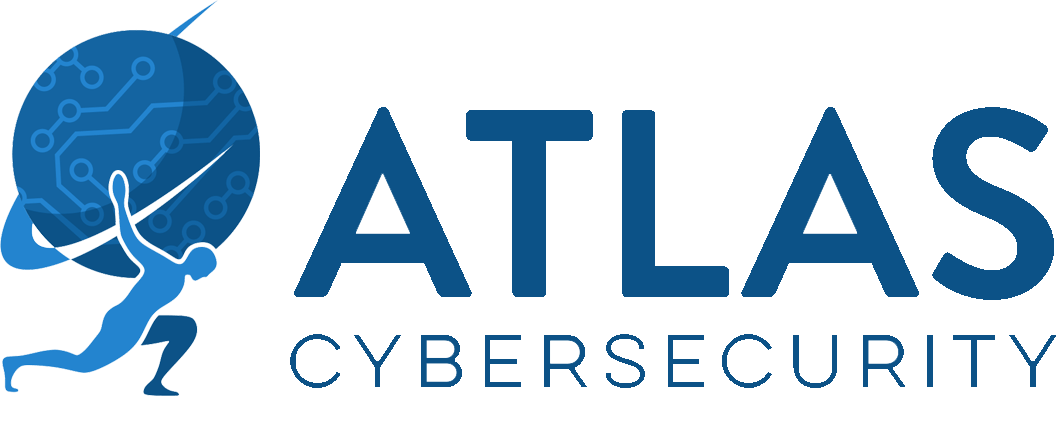Atlas Cybersecurity Featured in Long Island Press
The secretary at a Long Island bank was pleased with what she had just done.
She had received what she thought was an email from her boss, asking that she transfer $28,000 to a certain account. When the boss passed her desk an hour later, she told him she had made the transfer.
“He [the boss] turned purple and green,” recalls Ed Eisenstein, once Nassau’s County’s chief information officer and now a computer consultant in Farmingdale.
The boss, Eisenstein says, had given no such order. His email had been hacked, changed by one letter that slipped by the secretary. The money was gone.
“It all happened so fast,” Eisenstein says. “And it happens just about every single day now. It’s rampant.”
He is talking about the hacking of computers at companies across LI and the nation, which began about a dozen years ago on a relatively small scale, and has in the last few years mushroomed, and spread to ransomware — the shutting down of computer systems at municipalities and school districts. Money must be paid before they are turned back on again.
“To me,” Eisenstein says, “the hacking problem is a war against the American public.”
How bad is the problem? A recent report from the National Initiative for Cybersecurity Education at the U.S. Department of Commerce says there are now openings for 313,735 people to detect and defeat hackers. By 2022, that number will soar to 1.8 million, according to a 2017 Global Information Security Workforce Study.
Despite the growing need, according to industry insiders, there are only about six companies on the Island fully engaged in anti-cyber hacking. These are companies that have developed their own software devices to deal with increasingly complex hacking by nations such as Russia, China, Syria, and North Korea, carried out by professional cybergangs based in this country and around the world and young people who like to see how far they can get breaking into a computer system.
Atlas Cybersecurity in Great Neck is one of those companies, co-founded in 2017 by Benjamin Dynkin, a lawyer, and his brother, Barry, a legal researcher.
The Atlas office on the fourth floor of a nondescript building on Northern Boulevard is staffed 24/7 by a team of about a dozen experts who monitor the computer systems of the company’s mostly midsized clients for “suspicious activity,” Benjamin Dynkin, 25, says. Some of his team members spent a week aboard a client’s boat in the Atlantic Ocean. They detected that some of the boat’s 30 computers were under attack by hackers. They informed the client and secured the systems. The point, Dynkin says, is that cyber hackers know no boundaries, on land or on sea.
“The problems are getting worse because we are all becoming more connected,” says Dynkin, explaining that the more devices that are linked to one another — like a refrigerator to a home computer system — the greater the chance of crashes because of overloads of info, and the more openings for hackers to crack into systems.
Read the Full Article Here.
